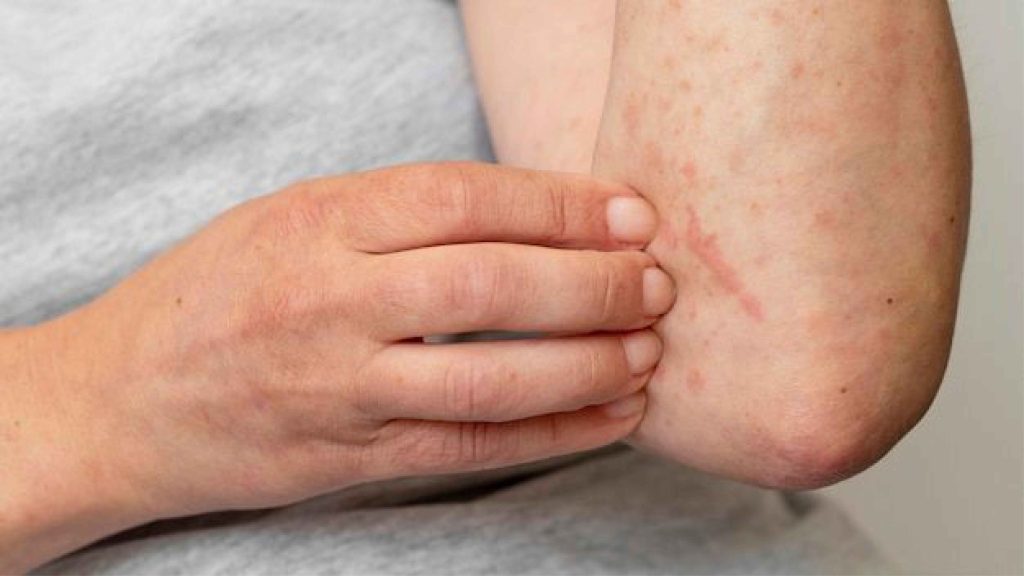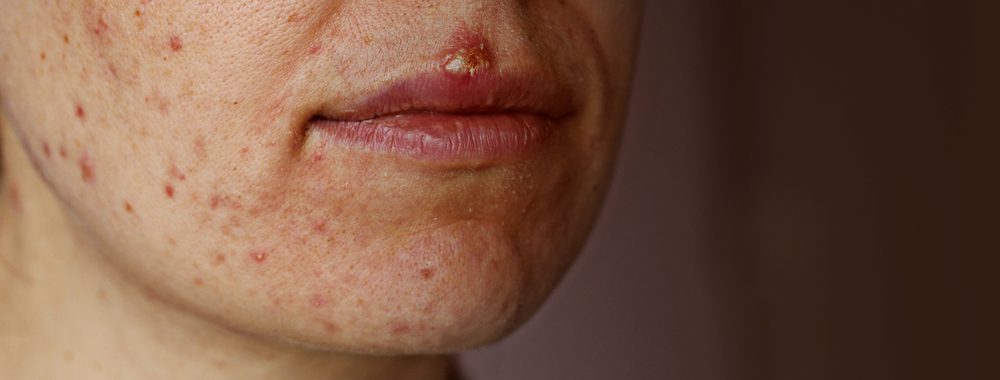Overview
Silicone is the byproduct that is used in almost all products that are for the personal use of any person. And many other items also which are for our daily use. Although the symptoms of silicone allergy are rare, if we use it repeatedly, it can cause anaphylaxis shock.
The first allergic reaction due to the use of silicone was reported due to the use of silicone in silicone implants. This caused another allergic reaction in a 10-year-old student in which he felt itching on different parts of the body and redness as well. The reaction was also reported using a nasogastric tube.
When people who are allergic and sensitive to silicone material use and touch these silicone products daily, the immune system of their body reacts harshly and then releases antibodies. As a result, the reaction of chemicals stimulates. Then they will experience different symptoms of allergy.
Symptoms of Silicon Allergy
The Symptoms of silicone Allergy can include the following.
- Feeling of Irritation or itchiness on the skin.
- Breathing difficulty
- Swelling in the throat
- Watery or itchy eyes
- Swelling on different body parts
- Redness or rashes
- Swelling on Legs
- Anaphylactic (severe Symptom)


Causes of Silicone Allergy
If you discover that you are allergic to silicone, you must avoid all silicone products because silicone products cause silicone allergies.
The issue is that silicone is in our daily lives because it is a popular material used in the manufacture of many useful products. Here is a list of common silicone items with which you may come into contact on a regular basis.
- Rubber watch bands
- Jewelry made of silicone
- Kitchen utensils made of silicone
- Bakeware made of silicone
- Toys
- Molds for food
- Cosmetic sponges
- Gloves
- Covers for keyboards.
- Adhesives
- Lubricants
- Insulation against electricity
- Thermal protection
- Soaps
- Shampoos
- Lenses for contact lenses
When to see a doctor
If your doctor suspects you have a silicone allergy, he or she will order tests to confirm the suspicion. A skin patch test is commonly used to detect the presence of a silicone allergy.
It is accomplished by exposing a small area of skin to the allergen, which is diluted and pure silicone. During the test, you will be instructed to wait for observation so that doctors can observe any symptoms that may arise.
Diagnosis of silicone Allergy
Anyone experiencing a reaction from silicone must consult with a doctor or an allergist for proper treatment of the reaction. To confirm the allergic reaction, the allergist will perform a skin prick test. When an allergic reaction is confirmed, the affected individual must avoid it.
Avoidance of the allergic reaction is the best way to treat the reaction properly. Different products for personal use, which even contains silicone in small amount, must be avoided. Before buying or using any products, check the ingredients mentioned on the product’s backside.
Treatment of silicone Allergy
If you are allergic to silicone, you must treat it carefully like all other kinds of allergies. Moreover, consult with an allergist or a doctor immediately. The allergist or doctor can recommend you the following treatments.
Clearance of airway
You should ensure your airway is clear by consulting an allergist or doctor.
Medications
The doctor can suggest you have some corticosteroids or antihistamines. You should take them immediately if you are affected by an allergic reaction. To get relief from the allergic symptoms, you must follow the instructions of the doctor to get relief from the reaction.
Hydration
If there is some delay in medication, then you should keep yourself hydrated. The reaction of silicone is rare, and there is less chance of getting affected by silicone; you must do a proper checkup before undergoing any big or serious surgery.
What to avoid?
Following is the list of products containing silicone, which must avoid for use by the person affected by the allergic reaction.
- Garnier products like shine and sleek leaves.
- Chicks mixed leaves.
- Some herbals are used for long-term relationships.
- Moisture lock
- Conditioner of TIGI bed, which is self-absorbed.
- Some herbals, which are Twisted
Conclusion
Although silicone allergies are uncommon, we should not take them lightly. As demonstrated in this article, some potential symptoms of a silicone allergy can be fatal.
After reading this silicone allergy guide, you’ll understand why it’s critical to consult your doctor if you suspect you’re allergic to silicone. Your doctor will perform some tests to determine whether you are truly allergic so that you can stay healthy and avoid future allergic reactions.
Do you have any questions regarding this article? Feel free to contact us without any hesitation, our experts are always here for your help. Stay Healthy!
FAQs:
Silicon allergies are how rare?
Silicone allergies are so uncommon that it’s difficult to find statistics on how many people are affected by this type of allergic reaction! But that doesn’t mean it doesn’t exist.
Is latex present in silicone?
Silicone rubber used to make most silicone jewelry is derived from silica sand. Latex and silicone are not the same material, despite their similar texture and feel. As a result, people who are allergic to latex should not be allergic to silicone.







